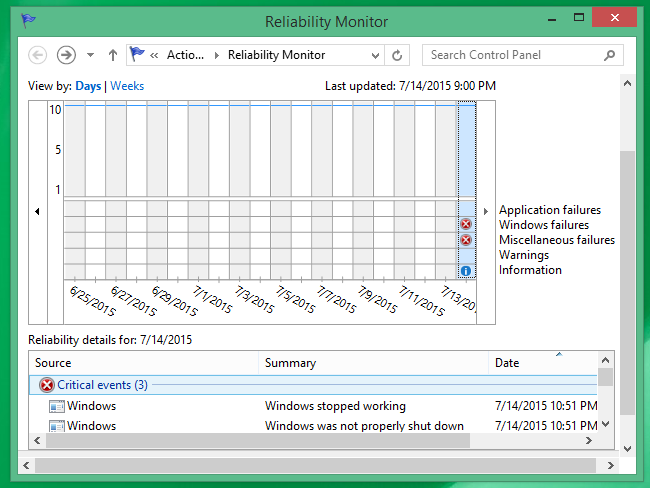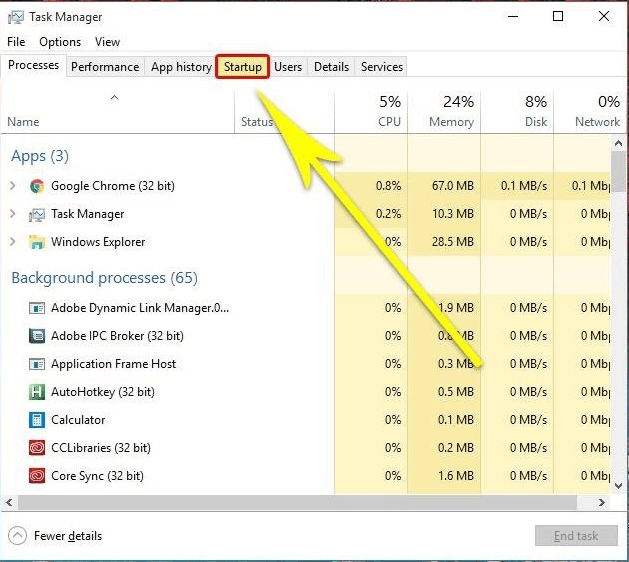
- #Quick cpu application crashing driver#
- #Quick cpu application crashing upgrade#
- #Quick cpu application crashing Pc#
- #Quick cpu application crashing windows#
Dual-core CPUs without Hyper-Threading / SMT and CPUs based on Intel’s Pentium, Celeron, or Atom product lines are more likely to “feel” slow, even if the system is well-configured. 8GB should be considered a minimum for any modern gaming.
#Quick cpu application crashing Pc#
Any PC with less than 4GB of RAM is going to struggle at least some of the time under even moderate workloads.

#Quick cpu application crashing upgrade#
If BioShock Infinite (or any other old game or application) plays and runs perfectly, but newer software doesn’t, you may be looking at a situation where you need to upgrade as opposed to dealing with an underlying hardware or software problem.Īny PC still using a magnetic HDD is going to feel slower than a PC equipped with a SATA or M.2-based SSD. If you could run BioShock Infinite at 60fps on your current computer in 2013 you should be capable of running it today.
#Quick cpu application crashing driver#
If you’re a gamer on an old gaming PC, said system should still run the same games you bought it to play back then (with allowances for OS compatibility or driver issues). A machine that’s “just” slow shouldn’t have problems with pop-ups or persistent trojan and malware infections, and it shouldn’t be unstable. A slow PC may thrash the hard drive if you ask it to open too many browser tabs simultaneously, but there should be a reasonable and predictable (to you) relationship between how much work you are asking your PC to do and how quickly it can do it. You should have a feel for how long it’ll take to open a webpage or launch a game, and you shouldn’t see any unexplained variation in those times or particular instability when performing them. How Do I Tell If My PC Is “Just” Slow?Ī PC that’s “just slow” shouldn’t have any other real problems apart from the lack of performance. The answers to these questions are as important as the baseline specs of the system, especially if you’re trying to save money.
#Quick cpu application crashing windows#
If the machine is smooth and responsive in Safe Mode but lags badly when booted to a normal desktop, check and see what applications automatically start when you boot up Windows 10. The answers to these questions will help you understand where the problem is likely to be.


Specifically, it walks through the process of determining whether your problem is more likely to be caused by software, hardware, or simply the age of the machine. This article is designed to help you troubleshoot a slow machine.


 0 kommentar(er)
0 kommentar(er)
